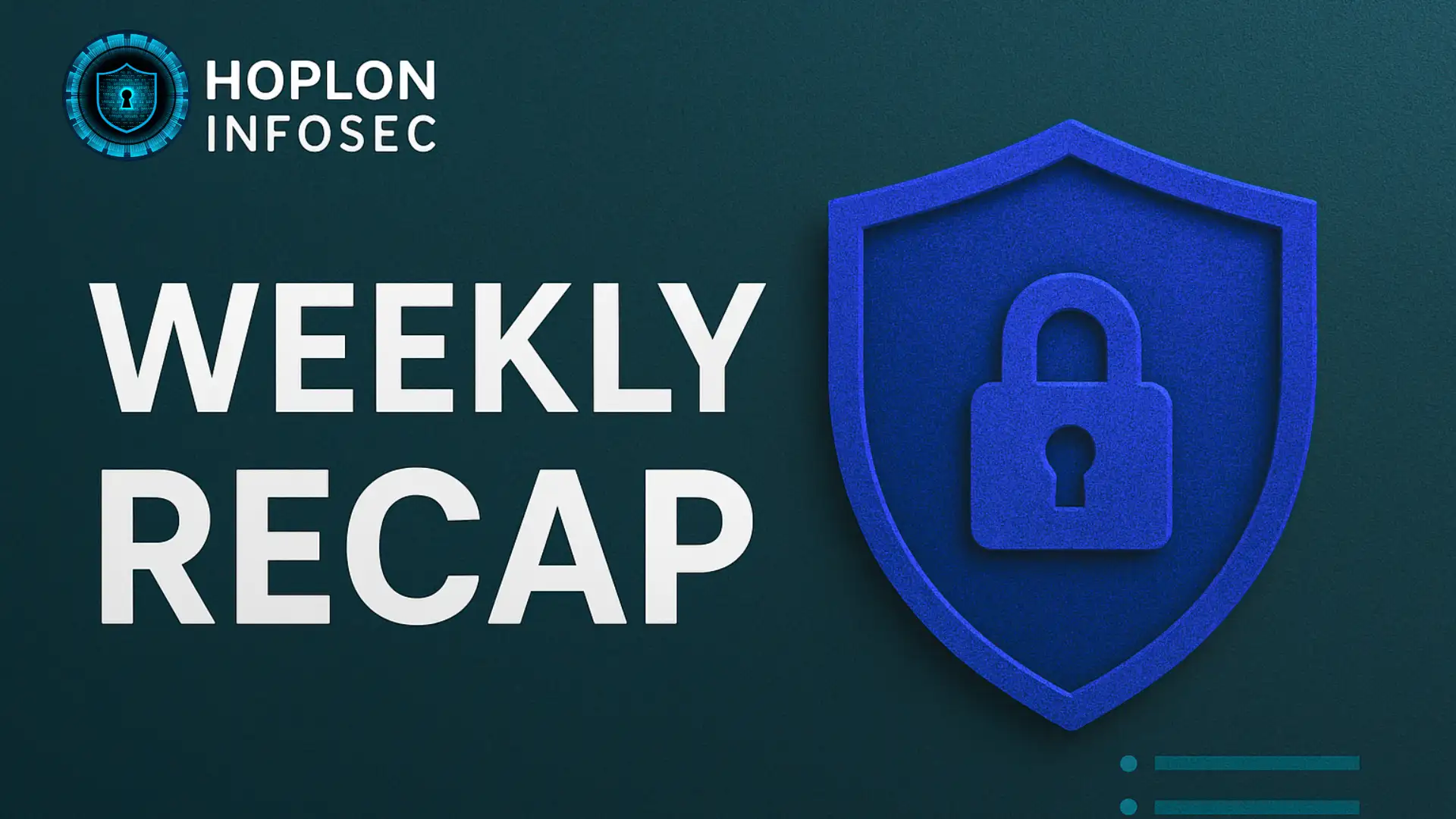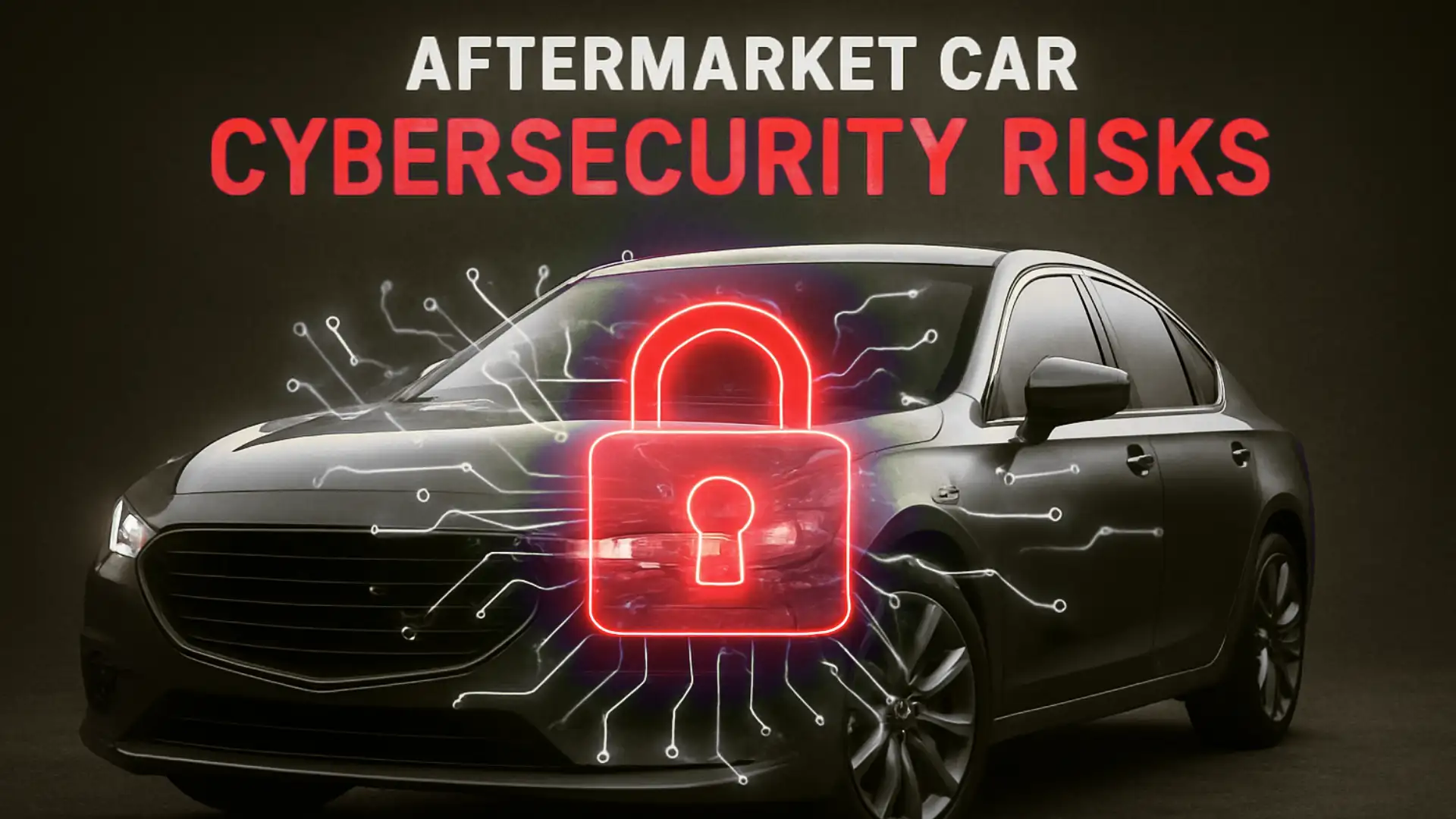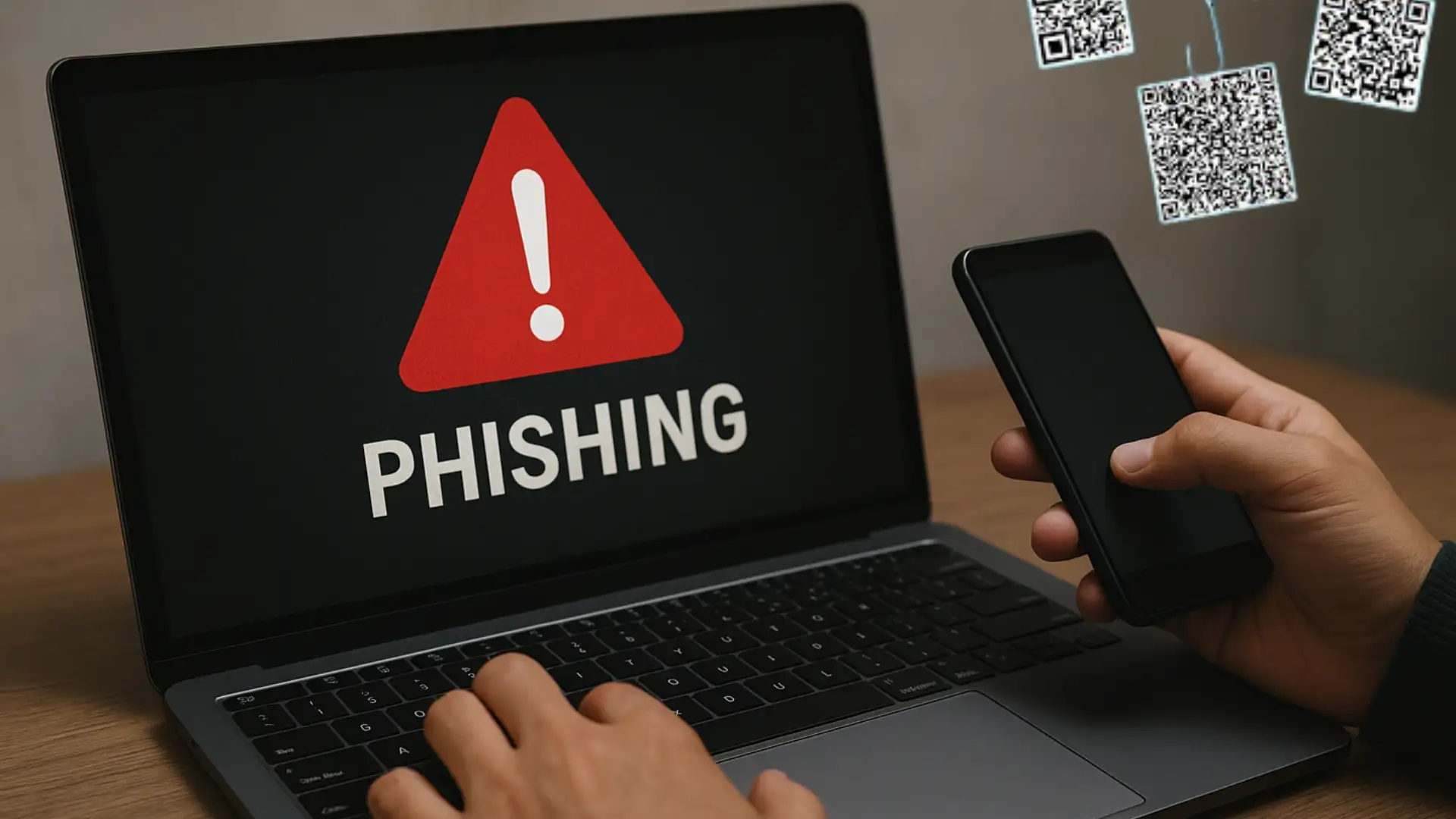Imagine waking up one day and realizing an invisible enemy has shut off the fuel supply for nearly half the U.S. East Coast. That’s exactly what unfolded in May 2021, when the DarkSide ransomware gang infiltrated Colonial Pipeline’s systems—triggering panic at gas stations and a federal emergency declaration. It was a cyberattack that jolted the world awake: critical infrastructure was vulnerable.
What Really happened?
On May 7, 2021, Colonial Pipeline issued an alert stating that its IT network had been compromised. Internal systems—including billing and customer-facing platforms—were encrypted. Colonial acted fast, taking down affected systems and fully shutting off the pipeline to prevent malware from reaching operational control systems. They confirmed later that hackers had stolen nearly 100 gigabytes of data before encrypting it.
The group behind it—DarkSide, a ransomware-as-a-service operation—demanded a ransom of 75 Bitcoin (about US$4.4 million). Colonial paid promptly, but the recovery was painstaking. By May 12, partial pipeline operations resumed; full service was restored by May 15.
1. Where Did It Go Wrong?
Compromised VPN Access
The attackers—linked to the DarkSide ransomware gang—found an unused account on Colonial’s VPN system. It had access to internal tools, and worse, it didn’t have multi-factor authentication (MFA). All they needed was a password. That’s all they needed. That password was either leaked on the dark web or reused somewhere else. Once they logged in, it was like they walked through an open door.
2. No Network Segmentation
After gaining access, the attackers began exploring. And here’s where things got messy. Colonial’s systems weren’t segmented properly—meaning once inside, the attackers could travel freely between departments. They hopped from billing to scheduling to email servers without hitting walls. Every system was connected like rooms in a house with no locked doors.
3. Silent Data Theft
Before encrypting anything, the hackers quietly stole nearly 100 gigabytes of sensitive data. This included internal documents and potentially customer information. It seemed as if they made copies of all the files without anyone noticing. They didn’t leave obvious traces. They made sure to exfiltrate slowly to avoid raising alarms.
4. The Ransomware Strike
Then came the real blow. The ransomware hit. Files were locked, systems frozen. Colonial’s operations ground to a halt, and out of fear that the malware might spread into the operational systems that controlled the actual pipeline, the company shut everything down.
5. Backup Failure and Ransom Payment
Colonial did have backups. But they were slow, scattered, and possibly outdated. With critical systems offline and mounting pressure from the public and government, Colonial paid the ransom—about $4.4 million in Bitcoin. It was a quick, painful decision made because the alternative would’ve taken too long.
So there it is—an attack that started with one forgotten account and ended with a national emergency. This happened because basic cyber hygiene steps were not followed. One tiny crack… and the whole system split open.
Who Was Behind the Colonial Pipeline Cyber Attack?
DarkSide is a cybercrime syndicate that leans more like a shadowy corporation than random hackers. They operate through affiliates, providing ransomware tools, negotiation help, and even a 24/7 support line. They enforce a “code of ethics”: they avoid hospitals and government but attack big, commercial, English-speaking targets.
Although suspected to be based in Eastern Europe or Russia, DarkSide claimed they were apolitical and focused on profit. Most analysts see their operation collapsing later in May 2021 under law enforcement pressure—yet their model endures.
Financial and Social Cost
Colonial paid US $4.4 million in ransom, but that was only the tip of the iceberg. The full cost—system restoration, forensic investigations, customer reimbursements, lost revenue, and emergency logistics—likely reached tens of millions of dollars.
The real-world impact hit fast: panic buying, gas shortages across 18 states, and average fuel prices reaching a six-year high. Airlines rerouted flights. States declared emergencies. Even President Biden issued a national emergency order to lift transport restrictions for fuel delivery.
How It Could Happen to Anyone
- Single compromised account: One leaked or poorly secured password is all it takes.
- Lack of multi-factor authentication (MFA): Without MFA, account compromise is far too easy.
- No network barriers: Once inside, attackers moved freely by hopping from system to system.
- Unmonitored data exfiltration: Large unauthorized downloads went undetected until systems showed ransomware notes.
- Weak incident response: Colonial shut systems down but couldn’t restore from backups quickly—paying ransom was the fastest fix.
How to Detect and Prevent This
- Protect remote access: Always use MFA on VPNs and RDP, especially for dormant accounts.
- Use micro-segmentation: Partition networks so a breach doesn’t spread system-wide.
- Log monitoring and alerts: Detect unusual authentication attempts and large file transfers early.
- Invest in immutable backups: Backups should be offline or untouchable by ransomware.
- Plan and rehearse response: Have a vetted, practiced protocol that minimizes downtime without paying criminals.
Final Thoughts
The Colonial Pipeline attack served as a stark reminder that cyber threats can significantly impact our daily lives, disrupt supply chains, and trigger national emergencies. It showed that hackers don’t need to physically touch pipelines or refineries; they only need digital keys.
How Hoplon Infosec Can Help
At Hoplon Infosec, we specialize in securing critical infrastructure:
- Zero Trust & Segmentation: We prevent lateral movement using fine-grained access controls.
- MFA Enforcement: We help you deploy MFA everywhere it matters most.
- Real-Time Detection: AI-based monitoring catches data exfiltration and account misuse fast.
- Immutable Backups: We guide you through disaster-proof backup plans.
- Incident Response Readiness: From tabletop exercises to full drills, we keep you ready—so paying ransom is never the only option.
Let’s talk before you’re forced to react. Book a consultation with Hoplon Infosec to secure your systems, your infrastructure, and your peace of mind. It’s time to stop waiting for the next breach.
Resources
Wikipedia
TechTarget




